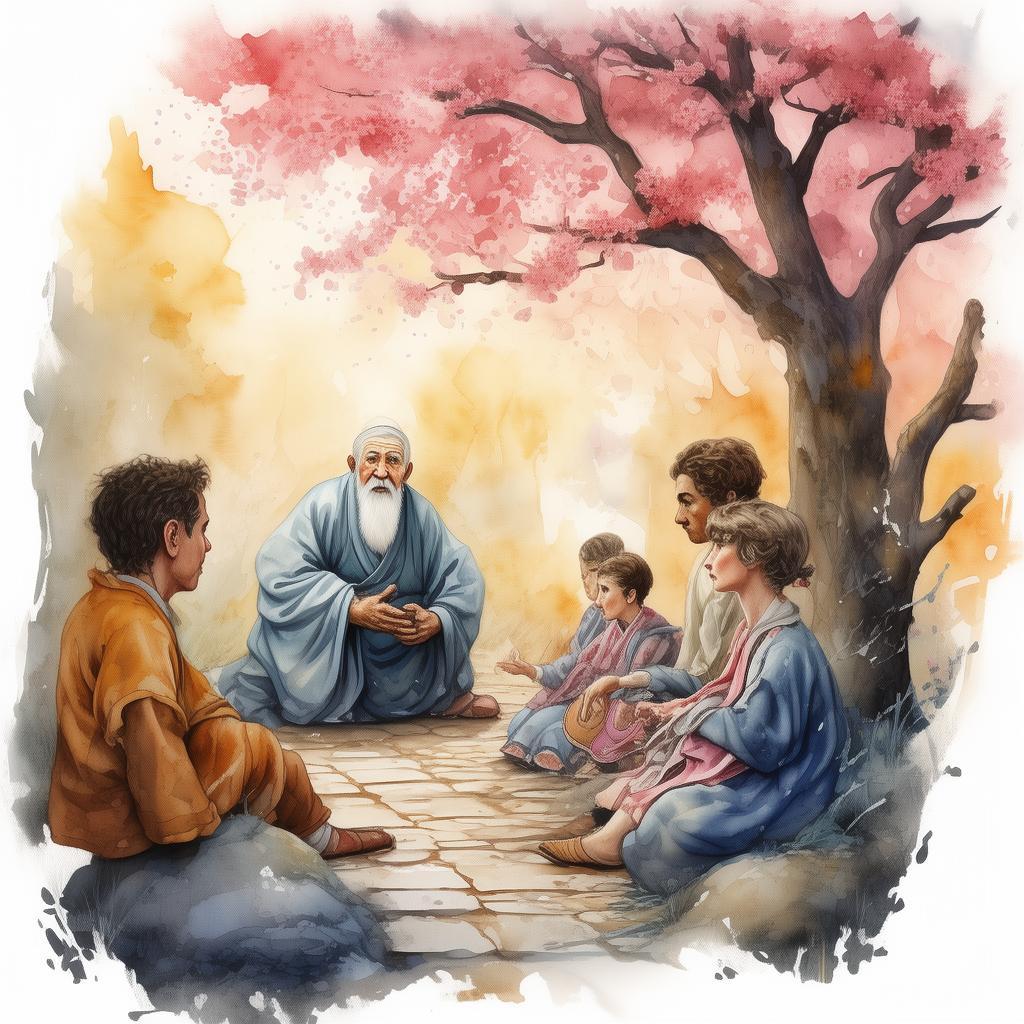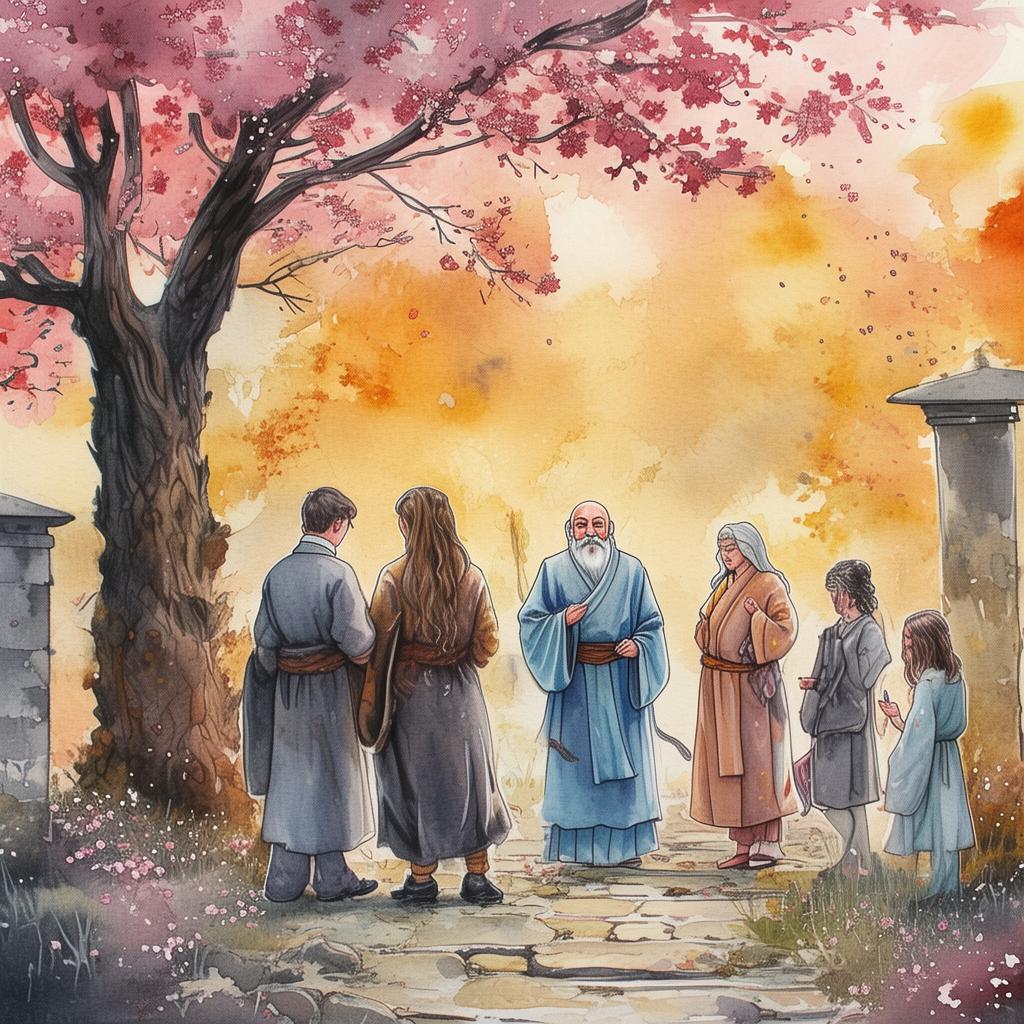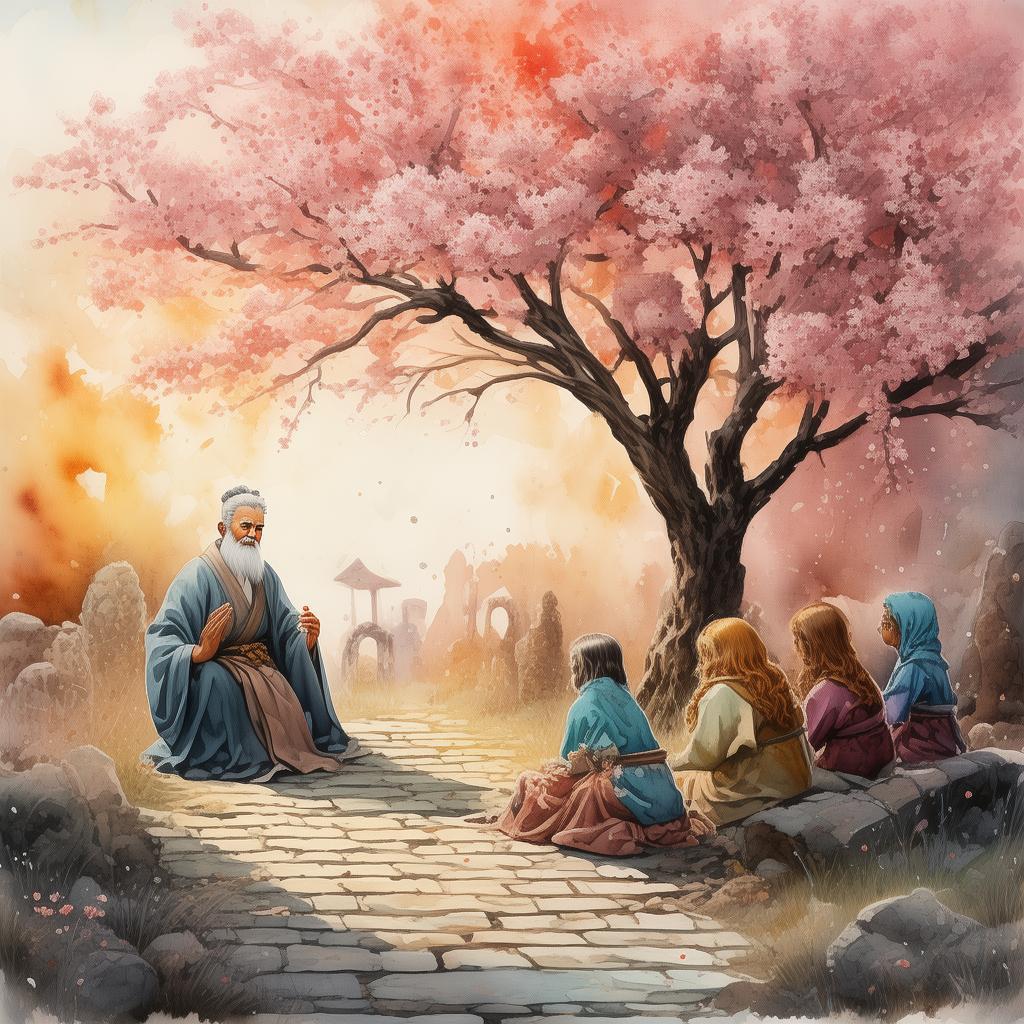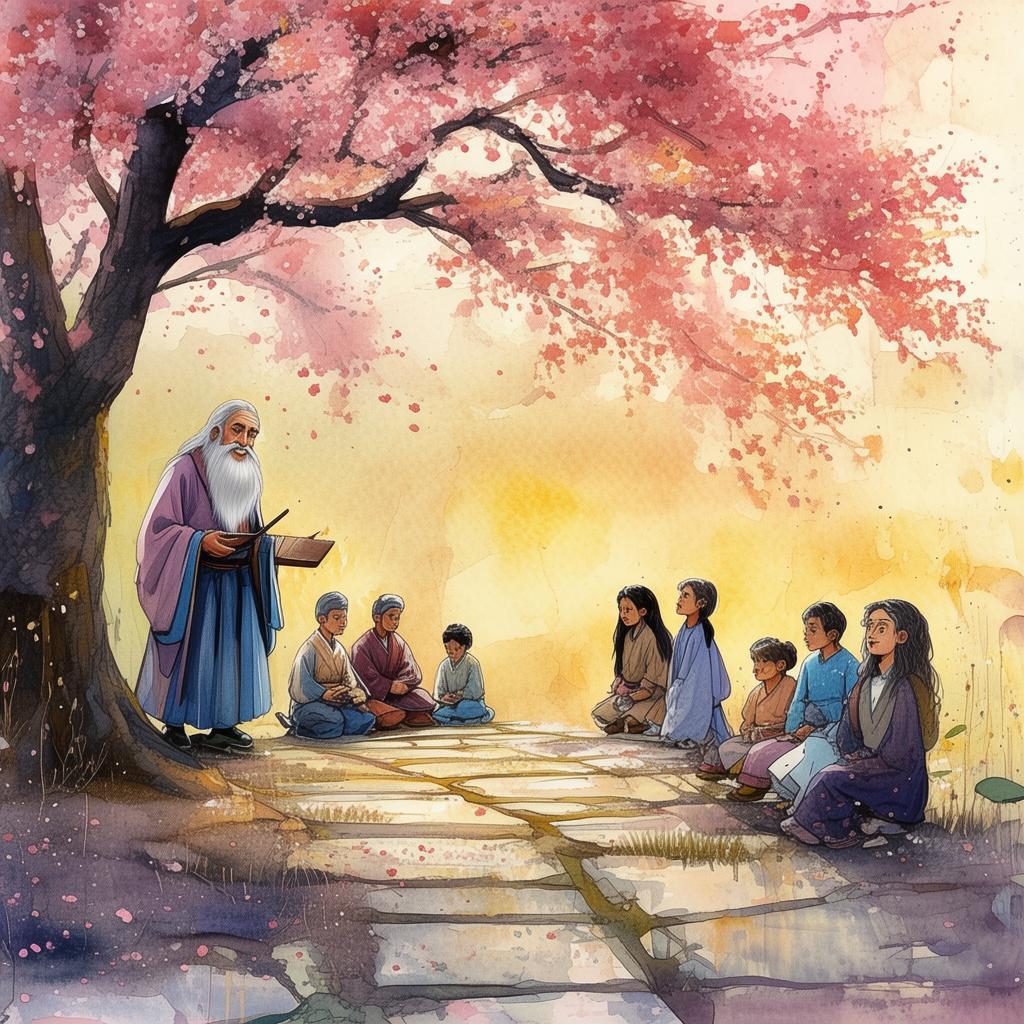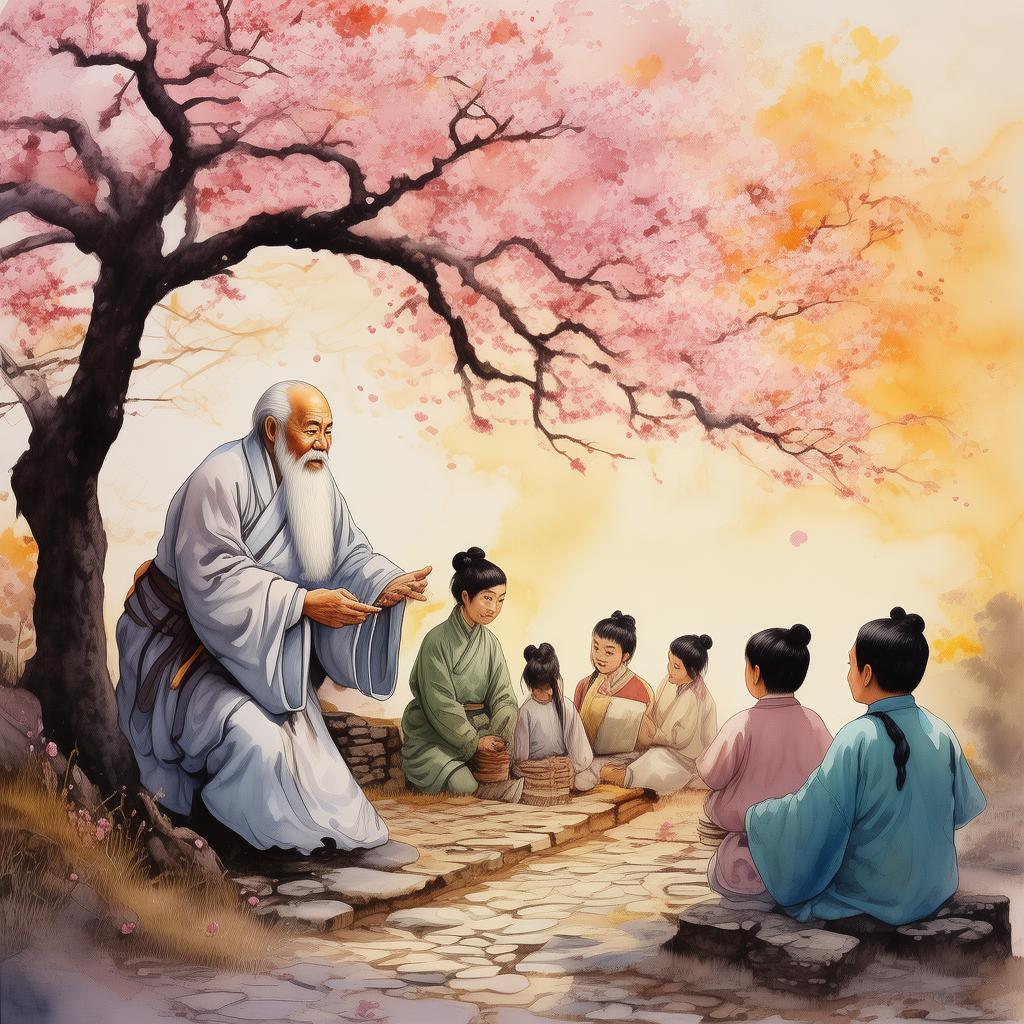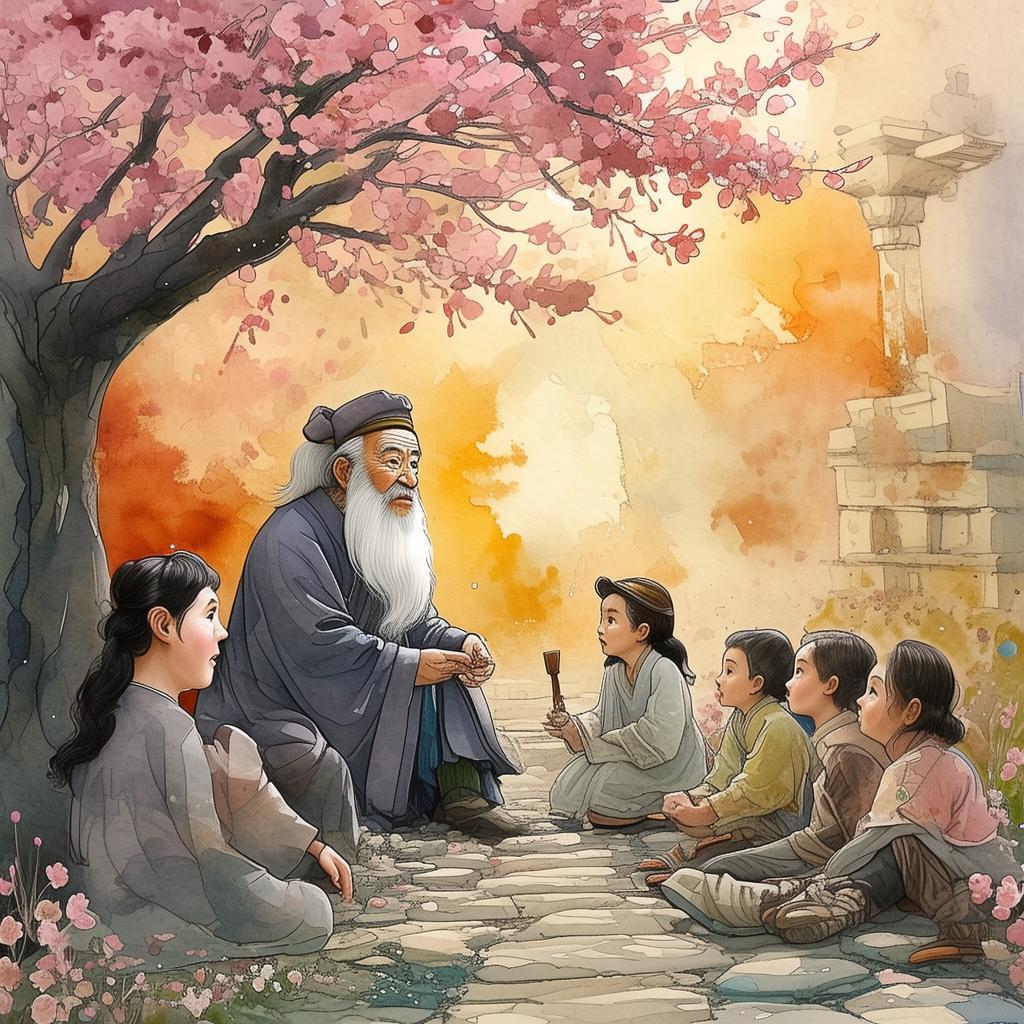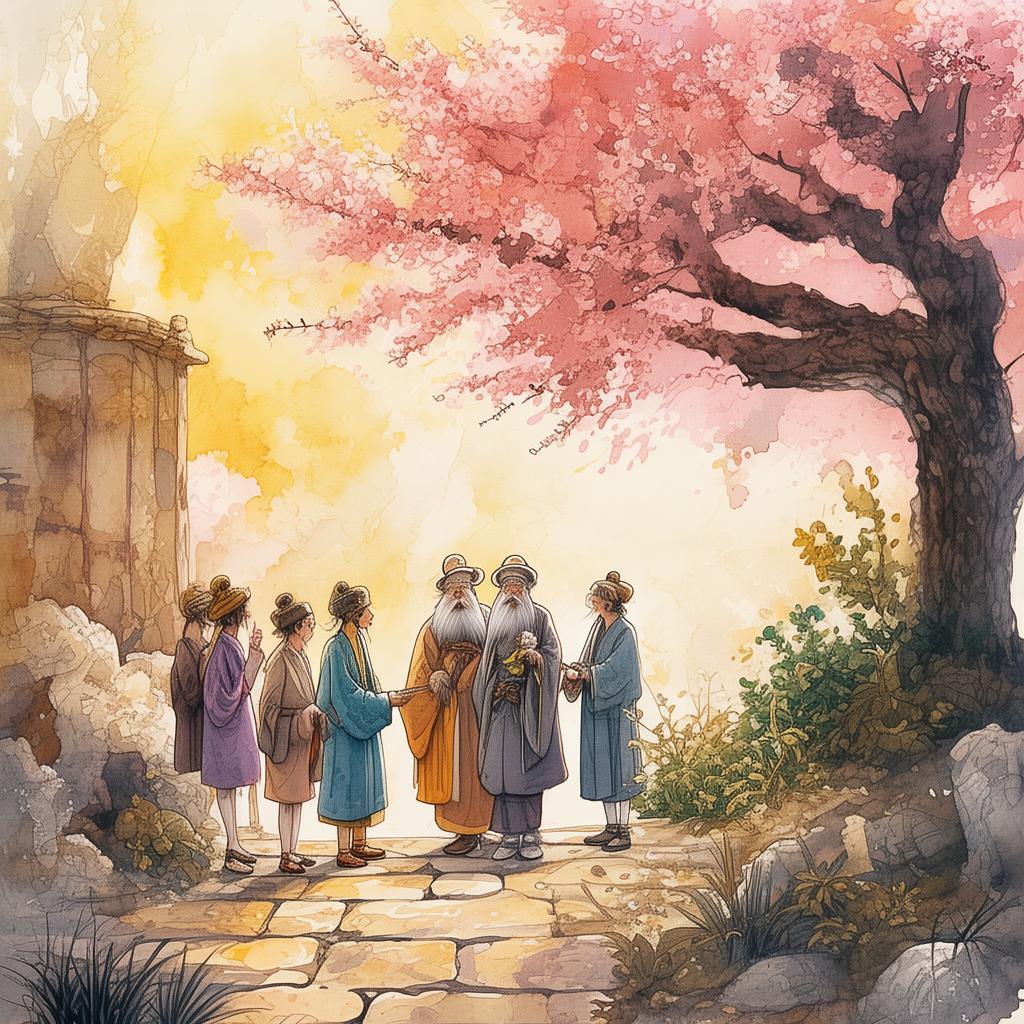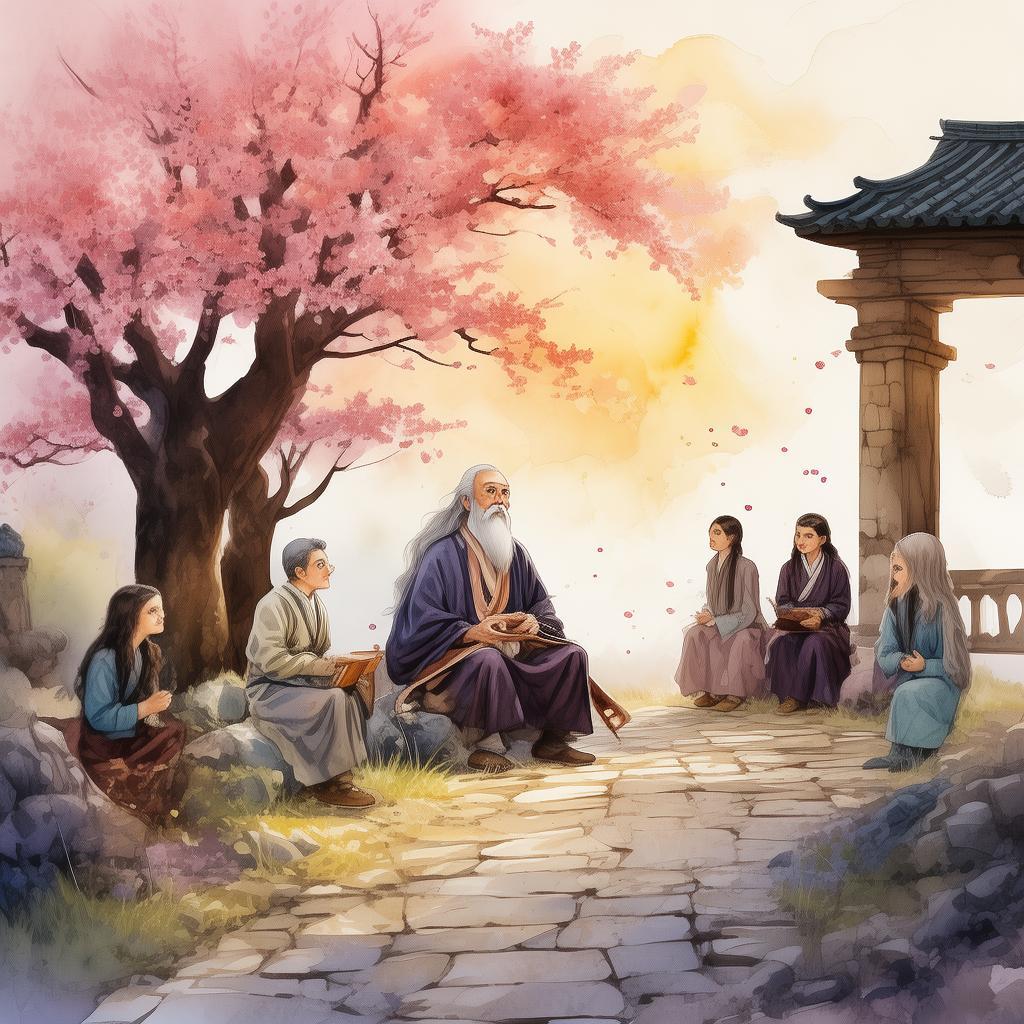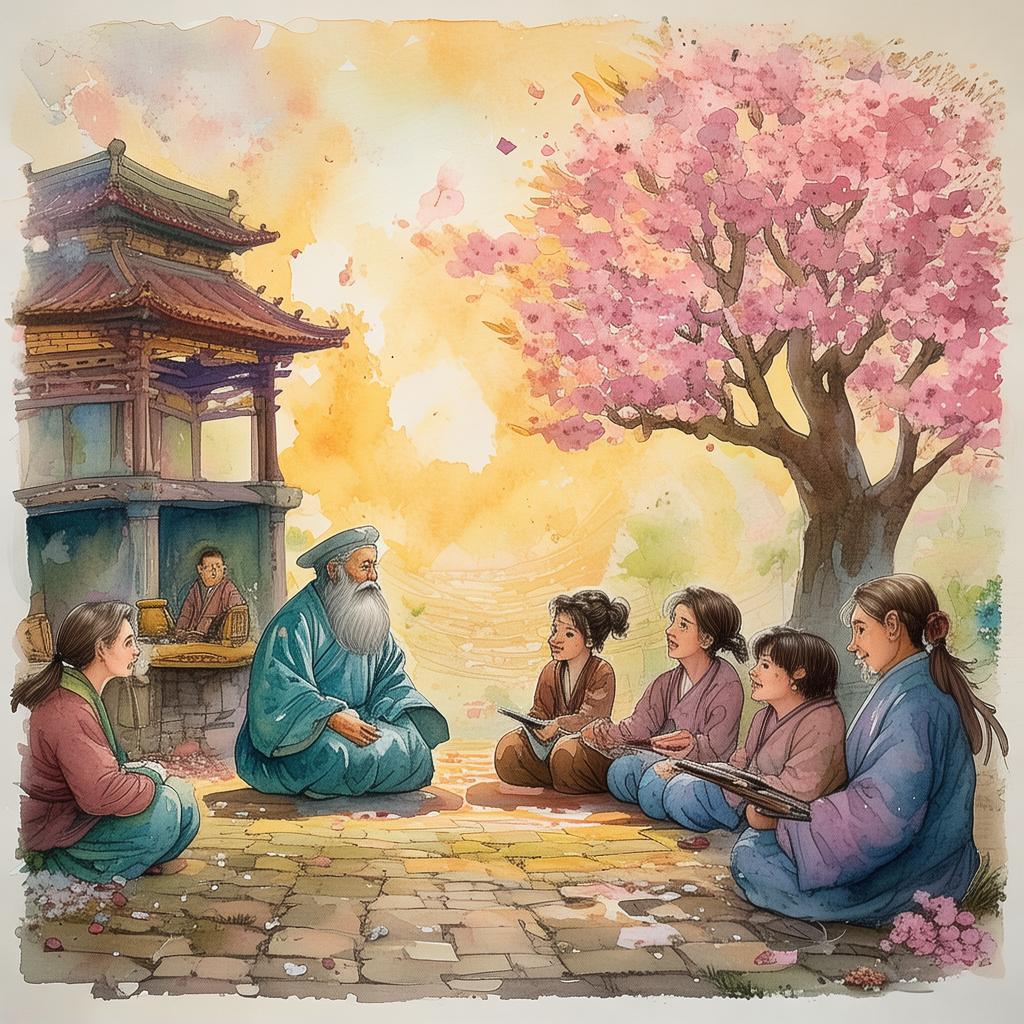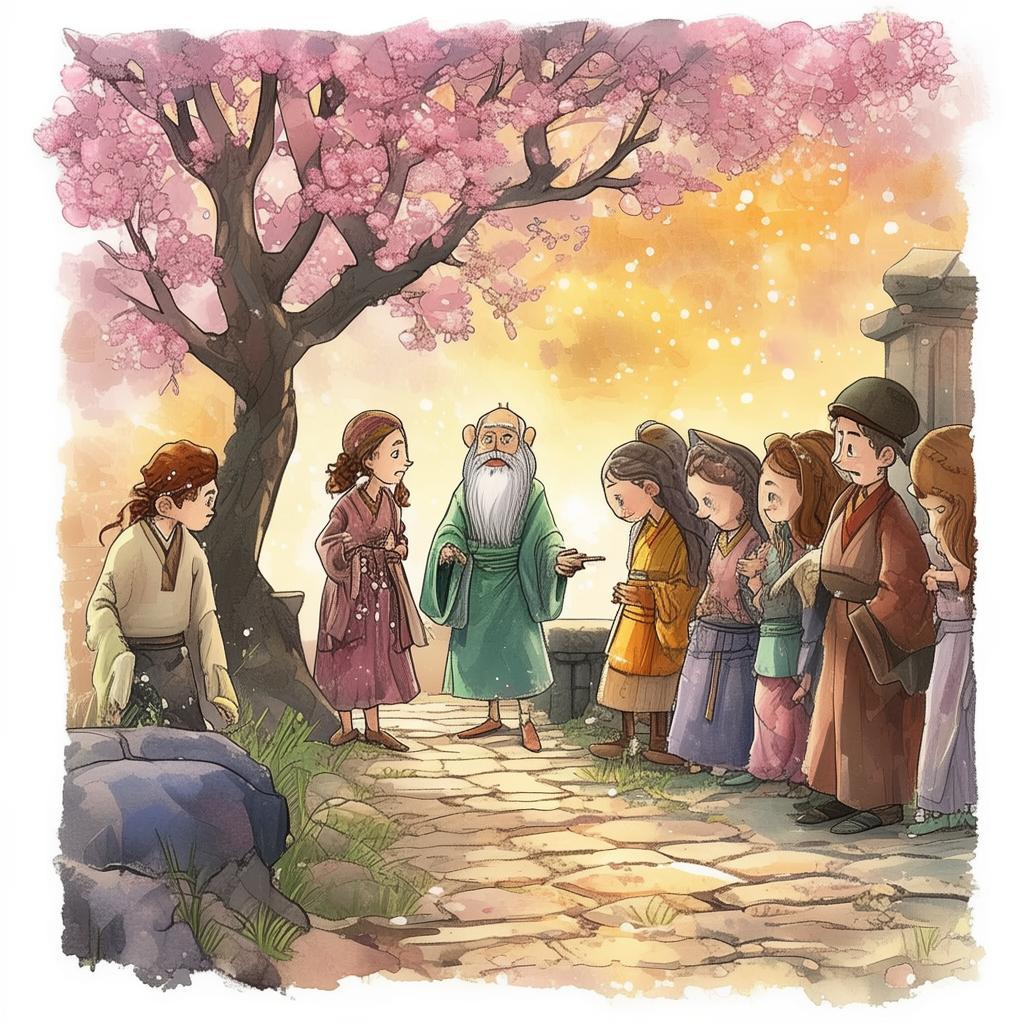The Path to Simplicity: A Tale of Zen and the Art of Letting Go
Once upon a time in a bustling city, there lived a man named Chen. Chen was a successful businessman, admired by many for his wealth and influence. Yet, despite his achievements, he felt an inexplicable emptiness gnawing at his soul. He spent countless nights pondering the meaning of his existence, seeking answers to the deepest questions of life.
Chen's search led him to the book "The Unlikely Philosopher: A Tale of the Simple Life's Philosophical Pursuits, Hidden Truths, and Life's Hidden Aspirations." As he delved into the pages, he found himself captivated by the simplicity and wisdom it conveyed. The book spoke of a life unburdened by material wealth and the pursuit of transient pleasures, focusing instead on the pursuit of truth and inner peace.
Intrigued by the philosophy, Chen decided to embark on his own journey of self-discovery. He quit his job, sold his belongings, and set off on a journey across the country. He traveled to remote villages, serene mountains, and tranquil rivers, seeking enlightenment from the people he met along the way.
One day, Chen arrived in a small village nestled in the mountains. The villagers lived simple lives, farming and tending to their livestock. They were humble and content, their hearts full of gratitude and peace. Chen was struck by the stark contrast between their way of life and his own. He felt a deep longing to emulate their simplicity.
In the village, Chen met an old man known for his wisdom. The old man, named Master Wu, was a Zen master who had spent decades practicing the art of mindfulness and simplicity. Chen felt an immediate connection with Master Wu, and they spent many hours discussing the philosophy of life.
Master Wu taught Chen the importance of letting go. He explained that true happiness comes not from acquiring more, but from releasing the attachments that bind us to materialism and ego. Chen realized that his entire life had been driven by the pursuit of wealth and status, which had only led to dissatisfaction and a sense of emptiness.
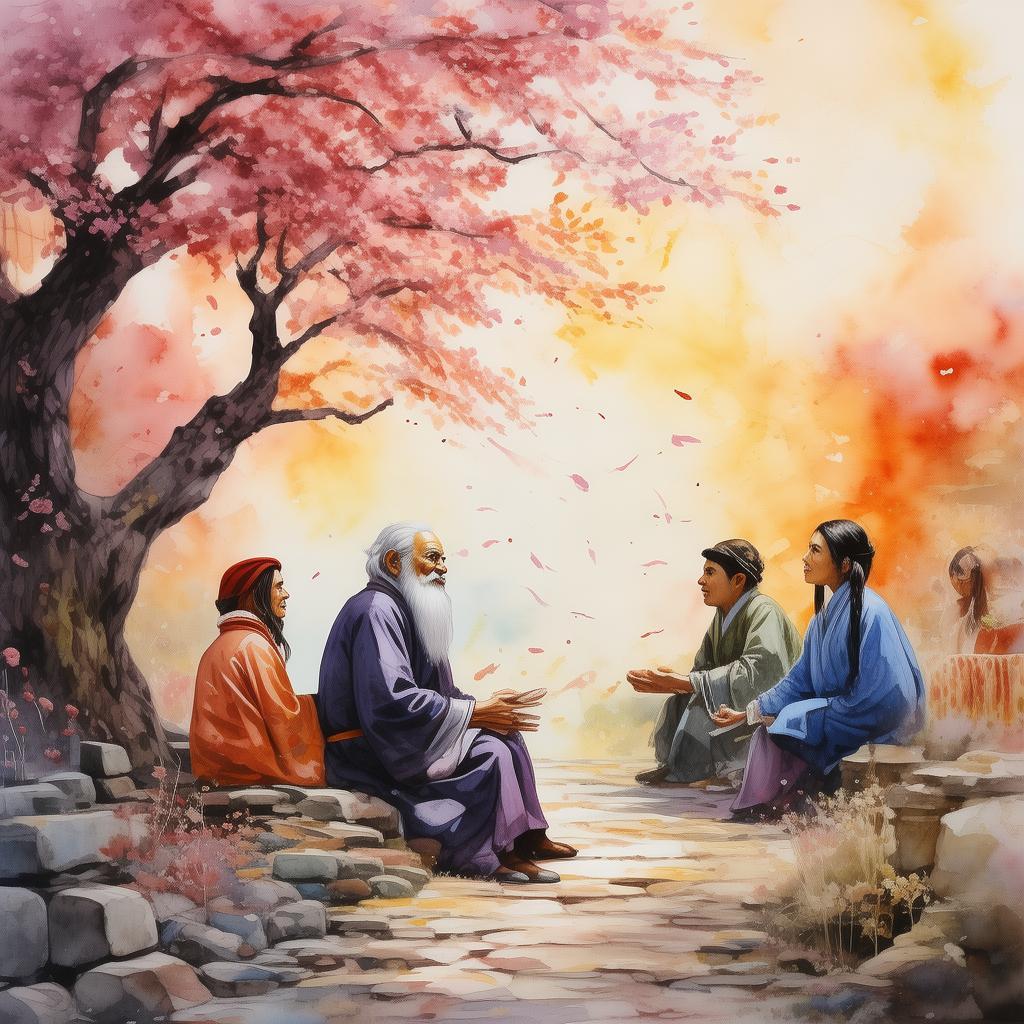
One evening, Master Wu led Chen to a quiet spot by the river. As they sat there in silence, Chen felt a profound sense of peace wash over him. He understood that the true purpose of his journey was not to accumulate more, but to unburden himself of the excesses of his previous life.
As the days passed, Chen began to practice the principles he had learned from Master Wu. He cultivated mindfulness, focusing on the present moment and appreciating the simple pleasures of life. He learned to let go of his attachments and embrace the simplicity of his new existence.
One day, Chen decided to return to the city. He knew that his journey had only just begun, and that he had much more to learn. As he walked through the bustling streets, he felt a sense of liberation. He no longer desired the trappings of wealth and power; instead, he longed for a life of purpose and inner peace.
Upon his return, Chen used his wealth and influence to help others. He founded a shelter for the homeless, started a program to educate underprivileged children, and supported environmental initiatives. He realized that true fulfillment came not from personal gain, but from contributing to the well-being of others.
Years passed, and Chen's life became a testament to the power of simplicity and letting go. He had found his hidden aspirations, and in doing so, he had uncovered the hidden truths of life. His story spread far and wide, inspiring others to embark on their own journey of self-discovery.
And so, Chen's journey taught us that the path to true happiness lies not in the accumulation of wealth, but in the pursuit of inner peace and the embrace of simplicity. The story of The Path to Simplicity serves as a reminder that the greatest treasures in life are often found in the simplest of things.
In the end, Chen found that the key to happiness was not in the complexity of life, but in the simplicity of living in the present moment, letting go of attachments, and finding joy in the little things.
✨ Original Statement ✨
All articles published on this website (including but not limited to text, images, videos, and other content) are original or authorized for reposting and are protected by relevant laws. Without the explicit written permission of this website, no individual or organization may copy, modify, repost, or use the content for commercial purposes.
If you need to quote or cooperate, please contact this site for authorization. We reserve the right to pursue legal responsibility for any unauthorized use.
Hereby declared.
